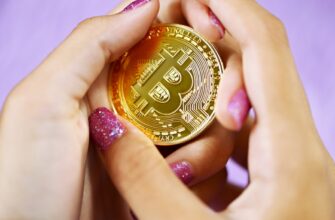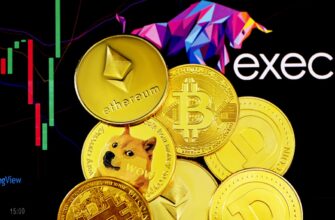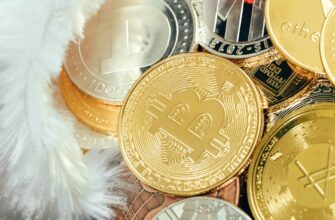## What Are P2P Crypto Transactions?
Peer-to-peer (P2P) crypto transactions enable direct cryptocurrency exchanges between users without intermediaries like banks or centralized exchanges. Using blockchain technology, buyers and sellers connect through dedicated platforms to negotiate terms, transfer funds, and complete trades autonomously. This decentralized approach revolutionizes financial interactions by giving users full control over their assets while eliminating third-party fees.
## How P2P Crypto Transactions Work: Step-by-Step
1. **Platform Selection**: Users register on P2P marketplaces like Binance P2P, LocalBitcoins, or Paxful.
2. **Listing Creation**: Sellers post ads specifying coin type, price, payment methods (bank transfer, PayPal, cash), and transaction limits.
3. **Trade Initiation**: Buyers browse listings, select an offer, and lock in coins via escrow.
4. **Payment & Confirmation**: Buyer sends fiat payment using the agreed method. Seller verifies receipt and releases crypto from escrow.
5. **Settlement**: Blockchain confirms the transaction, transferring ownership instantly.
## Top 5 Benefits of P2P Crypto Trading
– **Lower Fees**: Avoid exchange withdrawal/deposit charges (typically 0.1-1% vs. 3-5% on centralized platforms)
– **Enhanced Privacy**: Minimal KYC requirements compared to regulated exchanges
– **Payment Flexibility**: Choose from 100+ payment options including Venmo, gift cards, or cash
– **Global Accessibility**: Trade across borders without currency conversion barriers
– **Price Control**: Set custom rates based on market demand
## Managing Risks in P2P Transactions
While empowering, P2P trading carries unique risks:
**Common Threats:**
– **Scam Listings**: Fake sellers who disappear after payment
– **Payment Reversals**: Chargeback fraud via reversible methods like PayPal
– **Regulatory Uncertainty**: Varying crypto laws by jurisdiction
**Safety Checklist:**
✓ Use platform escrow services for all trades
✓ Verify counterparty transaction history and ratings
✓ Avoid “too good to be true” offers
✓ Record all communication and payment proofs
✓ Start with small test transactions
## Leading P2P Crypto Platforms Compared
| Platform | Supported Coins | Payment Methods | Fees | Key Feature |
|—————-|—————–|—————–|—————-|—————————|
| Binance P2P | 100+ | 700+ options | 0% for takers | Integrated with #1 exchange|
| LocalBitcoins | BTC only | Cash, SEPA, etc.| 1% for sellers | In-person trading options |
| Paxful | BTC, ETH, USDT | Gift cards, etc.| Variable | Beginner-friendly UI |
## Future Trends in P2P Crypto Trading
Decentralized finance (DeFi) innovations are merging with P2P models through:
– **Non-custodial Escrow**: Smart contracts replacing platform-managed escrow
– **Cross-Chain Swaps**: Direct token exchanges across different blockchains
– **Fiat Gateways**: Local currency integration via stablecoin partnerships
– **Reputation DAOs**: Community-governed trust scoring systems
Regulatory clarity will likely boost institutional P2P adoption, with the market projected to grow 28% annually through 2030 (Grand View Research).
## FAQ: P2P Crypto Transactions Explained
**Q: Are P2P crypto transactions legal?**
A: Yes, in most countries, though regulations vary. Always verify local laws regarding cryptocurrency trading and taxation.
**Q: How long do P2P transactions take?**
A: Crypto transfers are near-instant after escrow release. Fiat processing times depend on payment method (e.g., bank transfers: 1-3 days; cash: immediate).
**Q: Can I reverse a P2P transaction?**
A: Blockchain transactions are irreversible. Disputes must be resolved through platform support before escrow release.
**Q: What’s the minimum amount for P2P trading?**
A: No fixed minimum—sellers set individual limits. Trades as small as $5 are common on platforms like Paxful.
**Q: How are P2P platforms different from DEXs?**
A: P2P platforms facilitate person-to-person trades (often for fiat), while decentralized exchanges (DEXs) enable direct crypto-to-crypto swaps via liquidity pools.
**Q: Do I need a wallet for P2P trading?**
A: Yes! Always transfer coins to your private wallet after purchase. Platform wallets are vulnerable to hacks.
**Q: What fees should I expect?**
A: Most platforms charge sellers 0.5-1% per completed trade. Network (gas) fees apply for blockchain transactions.








